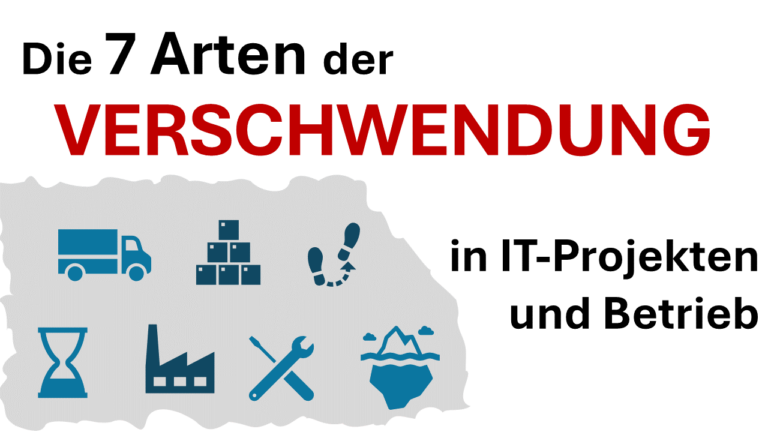German Works Councils (Betriebsrat) play a pivotal role in fostering a balanced and equitable work environment in German companies. They are independent bodies elected by employees to represent their interests and ensure their well-being, particularly in the face of technological advancements. This article explores the legal framework that empowers Works Councils, their key concerns when assessing new IT systems, and the processes they employ to safeguard employee rights.
Legal Foundation: A Cornerstone of Employee Protection
The foundation of Works Councils‘ authority lies in two significant pieces of German labour law: the Works Constitution Act of 1952 and the Codetermination Act of 1976. These laws establish the fundamental rights and responsibilities of Works Councils, outlining their role in areas like working conditions, pay structures, and the introduction of new technologies.
The sources emphasize that the Codetermination Act, in particular, grants Works Councils substantial influence over decisions concerning IT systems, especially those capable of monitoring employee behaviour or performance. This means that employers cannot simply implement new technologies without first securing the consent of the Works Council.
Key Concerns: Navigating the Digital Transformation
Works Councils approach the assessment of new IT systems with a keen focus on safeguarding employee interests. Their concerns are multifaceted, encompassing various aspects of the digital workplace:
- Impact on Working Conditions: Works Councils seek to understand how new systems might affect employees‘ daily tasks, responsibilities, and overall working conditions. Will the system lead to an increased workload, demand new skills, or potentially make certain jobs obsolete? These are crucial questions that the Works Council will raise with employers.
- Monitoring and Performance Evaluation: Given the potential for misuse, Works Councils are particularly wary of systems that enable the monitoring of employee behaviour or performance. They meticulously scrutinize data collection practices, access protocols, and safeguards against misuse, advocating for transparency and ethical data handling.
- Data Protection and Privacy: With Germany’s stringent data protection laws, Works Councils are acutely aware of the data privacy implications of new IT systems. They demand evidence of compliance with the GDPR and the German Federal Data Protection Act, often requesting documents like data processing agreements and privacy impact assessments.
- Training and Support: To ensure a smooth transition and minimize disruption, Works Councils seek guarantees that employees receive adequate training and support when adapting to new systems. They inquire about training programmes, ongoing support mechanisms, and troubleshooting assistance.
- Health and Safety, Discrimination, and Social Responsibility: Works Councils also consider potential health and safety risks associated with IT systems, particularly in production environments or hazardous workplaces. They are vigilant against any potential for discrimination embedded within IT systems, particularly those utilizing artificial intelligence. Furthermore, they advocate for the use of socially responsible software that aligns with ethical principles.
Negotiation and Consent: Empowering Employees through Participation
The sources highlight that the process of introducing new IT systems in Germany involves extensive consultation and negotiation between employers and Works Councils. This process is essential for ensuring that employee interests are considered and protected throughout the implementation lifecycle.
To facilitate this process, IT project managers often utilize checklists that address the key concerns of the Works Council. These checklists provide a structured framework for presenting information about the system, its functionalities, data handling practices, and intended use.. The checklist helps ensure that the Works Council has all the necessary information to make an informed decision.
If an agreement cannot be reached through direct negotiation, the matter may be escalated to a conciliation or arbitration board. This board, comprising representatives from both the employer and the Works Council, along with a neutral third party, works to find a mutually acceptable resolution.
Conclusion: A Force for Balance and Fairness
German Works Councils are a powerful force for balance and fairness in the workplace. Empowered by a robust legal framework, they diligently advocate for employee interests, particularly in the context of the rapidly evolving digital landscape. Their focus on working conditions, data protection, training, and ethical considerations ensures that technological advancements benefit both companies and their employees. Through their active involvement in the assessment and implementation of new IT systems, Works Councils contribute significantly to creating a more equitable and secure work environment for all.
Article also published on LinkedIn

